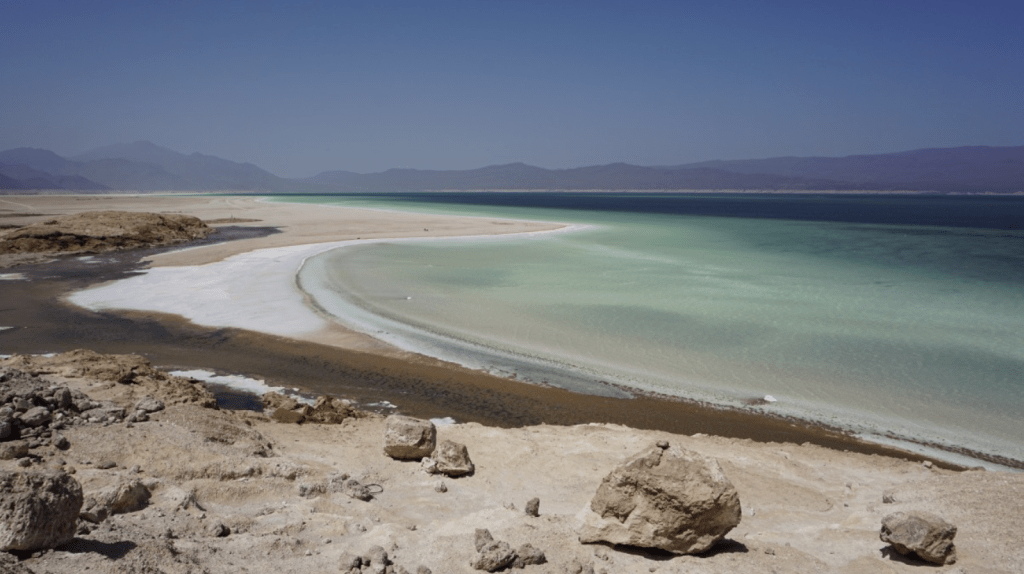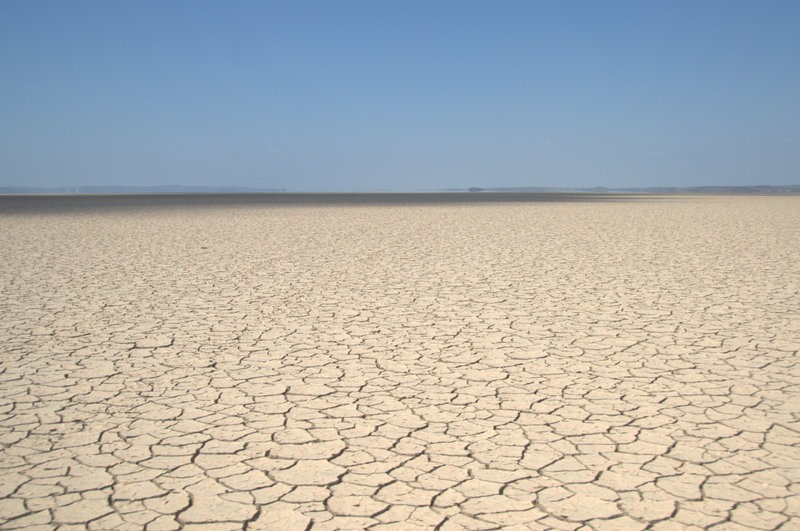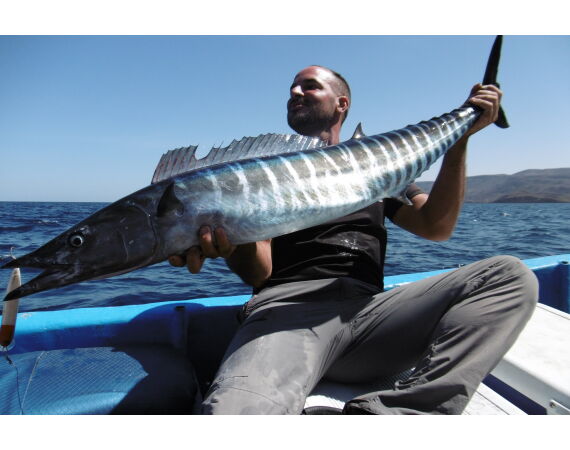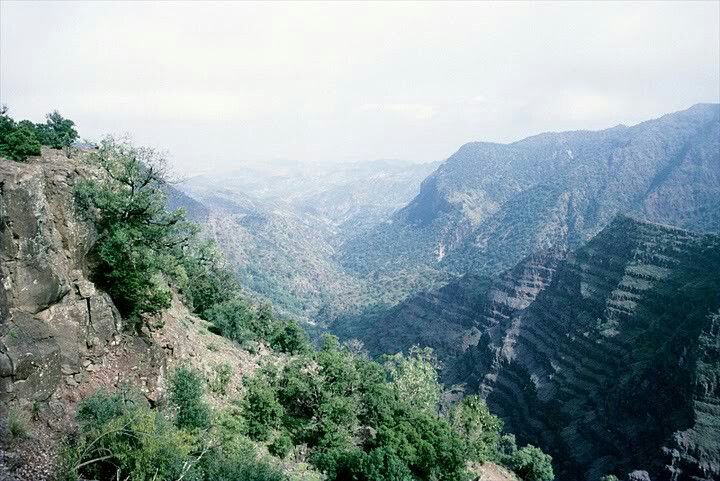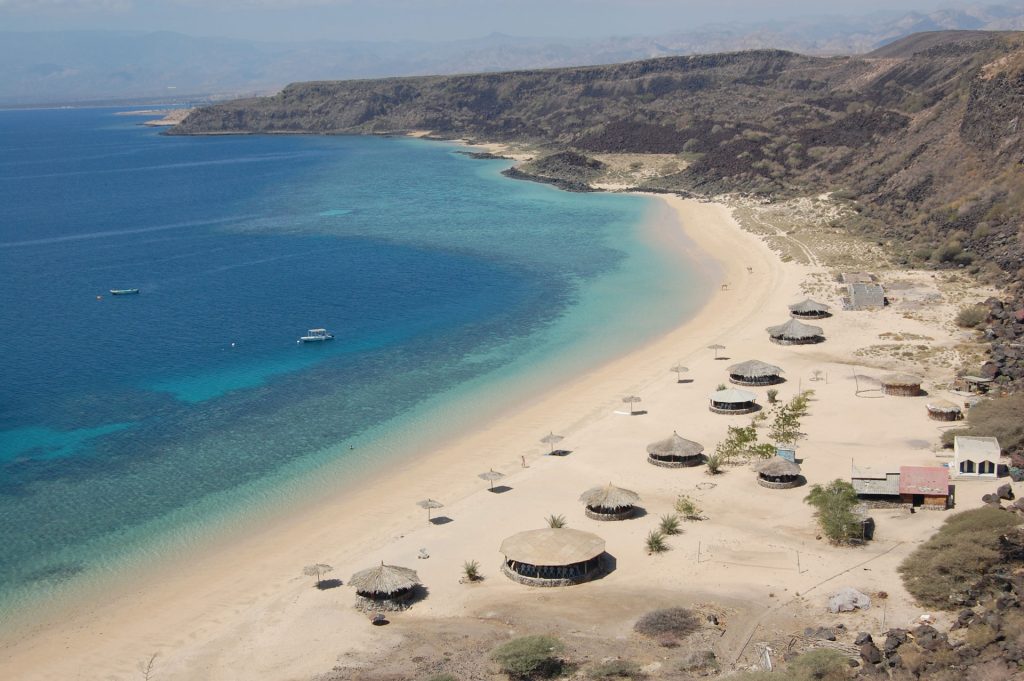Djibouti is an incredibly small country with less than a million people that despite its size is home to a diverse array of sites of natural beauty and cultures. Situated in the Horn of Africa and nestled between Ethiopia, Eritrea, and Somalia, Djibouti is blessed by beautiful beaches facing the Red Sea and the Gulf of Aden, striking rock formations in the desert, and lush greenery in the Mabla Mountains. Although Djibouti is a little-known country that rarely makes the news, bar references to the numerous foreign military bases on its soil, and barely receive any international tourists, the country constitutes an important part of the 23-member Arab League and deserves to be better known in the Arab world. With that in mind, here’s a guide to Djibouti.
Explore the Markets, Mosques, and Architecture of Djibouti City’s African Quarter
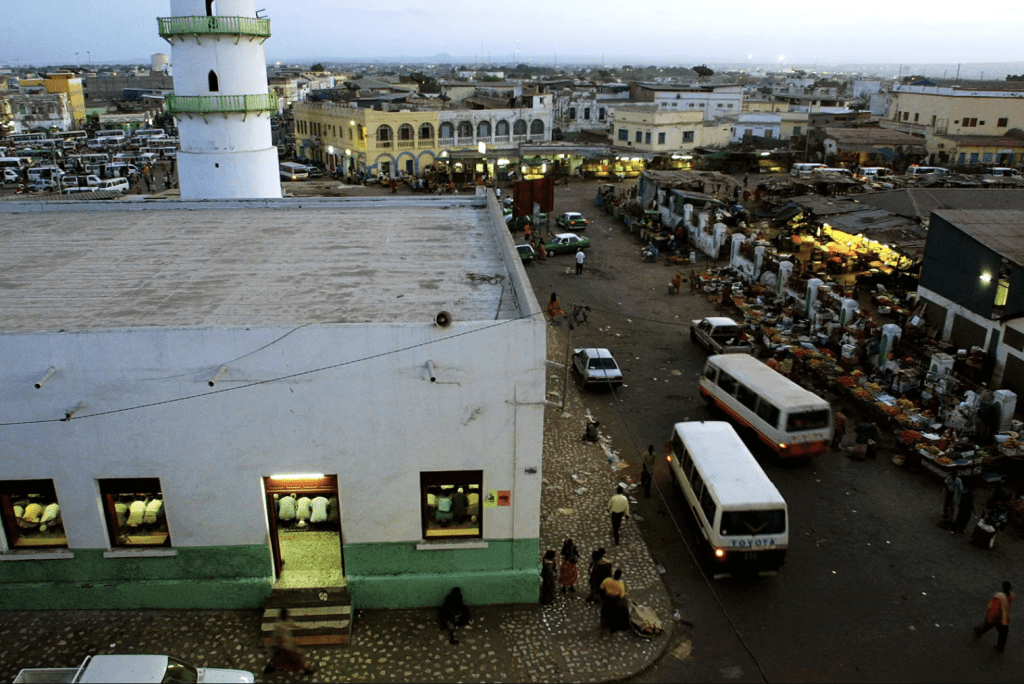
The exciting and charming African Quarter that is centered around the town square known as Place Mahmoud Harbi is a great place to walk around and explore. Opposite Place Mahmoud Harbi is the impressive Hamoudi Mosque, which is arguably the most famous building in the entire country and is a beautiful example of African Islamic architecture. For those interested in African Islamic architecture, the nearby Sada Mosque is also an incredible building worth visiting. The African Quarter is filled with shops and stalls sprawling out into every available space and also hosts the Les Cassies Market, which has everything from souvenirs to clothing. The Grand Percherie Fish Market is another fascinating market bursting with all kinds of different and unusual fish caught from the sea that very day.
Relax at Cafes, Eat at Restaurants, and Drink in Bars in Djibouti City’s European Quarter
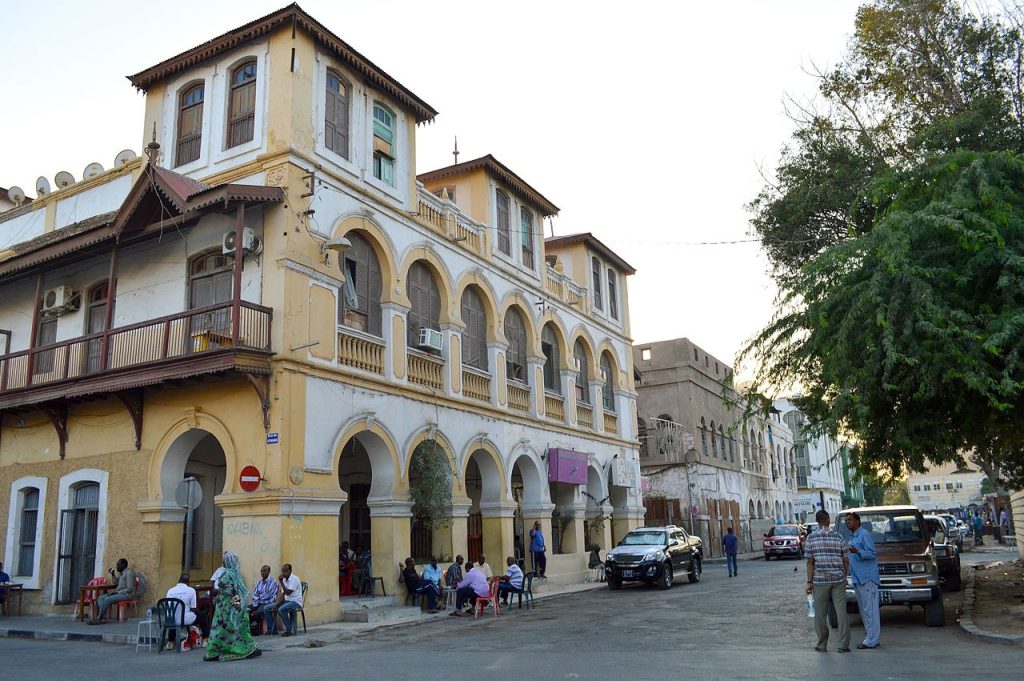
The European Quarter of Djibouti City is the old colonial center of the city and maintains to this day some spectacular Moorish arcades and beautifully designed houses dating back to the occupation. Within this atmospheric and relaxing part of town are many restaurants, cafes, and bars, which come alive in the evening and have been the setting of many memorable nights. The European Quarter is centered around a beautiful building known as Place Ménélik, which is near the stunning Our Lady of the Good Shepherd Cathedral that serves Djibouti’s Christian population, which stands at roughly 6% of the country’s population.
Escape in the Other-Worldly Grand Barra Desert
The Grand Barra is an incredible 27 by 12 kilometer plain of cracked white clay for as far as the eyes can see. Be sure to bring water though, as the vast Grand Barra is an unforgiving place. The Grand Barra used to be a lake many centuries ago, before drying up and leaving behind a landscape that looks more like another planet than Earth.
Get Away from it All on Moucha Island
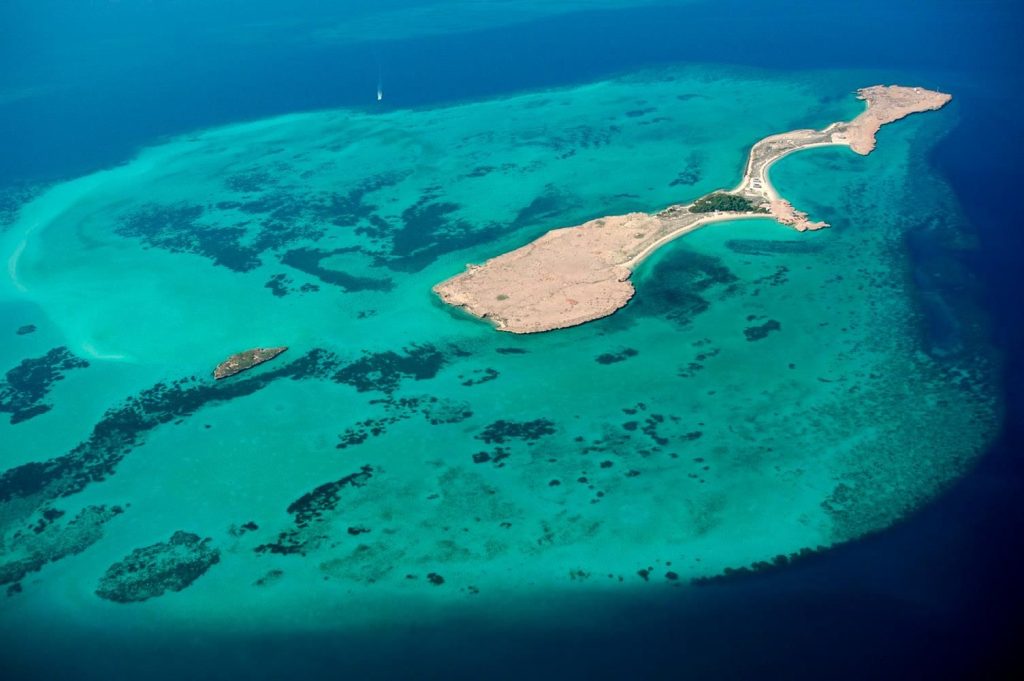
With unspoiled pristine white sand beaches and mangroves dotted with exotic birds, Moucha Island is a great excursion to get away from it all. The island is only home to around twenty people, and as such, facilities are limited, but this is in fact the great appeal of the island in a world of fancy hotels and packed tourist beaches. The island is surrounded by flourishing coral reefs and vibrant sea life, so be sure to bring your snorkeling kit.
Get Lost in the Mysterious Steam-Spewing Chimneys of Lake Abbe
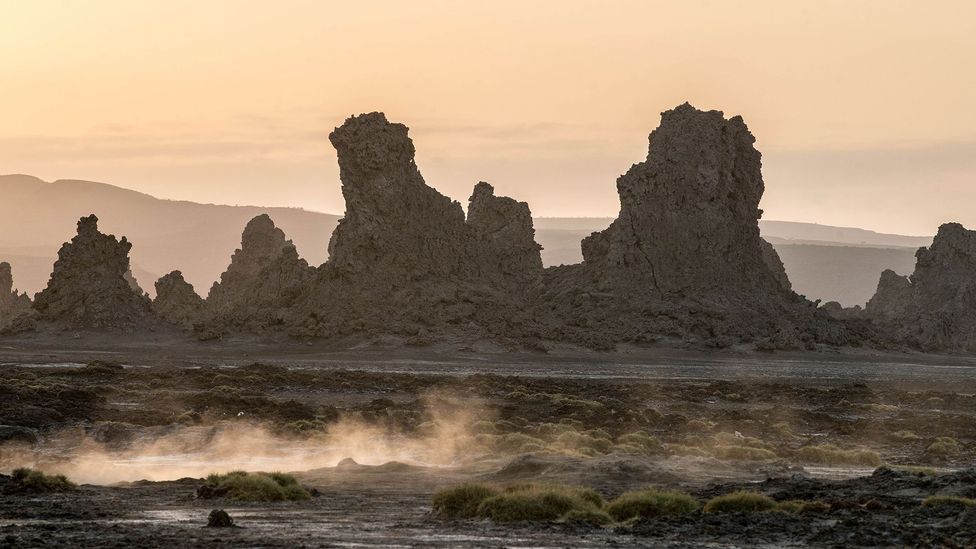
Lake Abba is an incredibly unique and imposing landscape that is somehow both stunningly beautiful and downright terrifying at the same time. This beautiful lake, which covers just under 20 square kilometers, however, is poisonous due to its high salt content, and yet still hosts a large variety of animals. The most distinct feature of Lake Abba is the large rock formations jettisoning out towards the sky. However, these rock formations are actually naturally occurring chimneys that spew steam from underground springs in the morning. Incredibly, some archaeologists that Lake Abba may have been the true cradle of civilization many thousands and thousands of years ago and, according to geophysicists, give or take ten million years, Lake Abba is set to be the home to the world’s next ocean as the tectonic plates steadily drift apart.
Reflect at Cimetière Marin
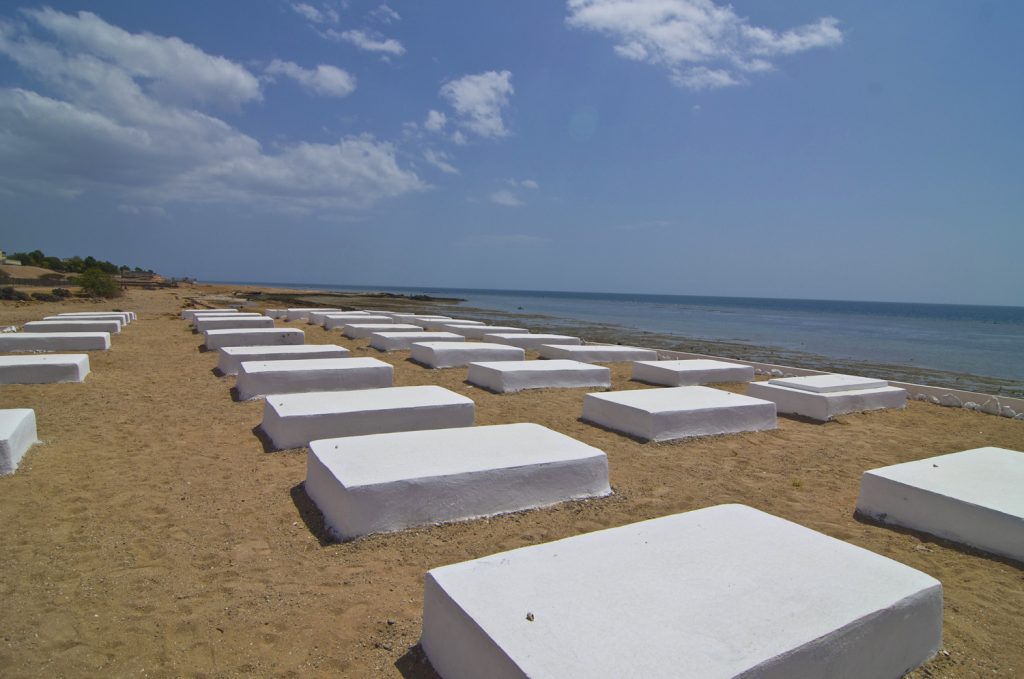
Just outside of the town of Obock is a peaceful and yet somehow surreal-feeling cemetery for French soldiers that succumbed to disease or illness on their way to places throughout the then French Empire. The cemetery, which houses those that died between 1885 and 1889, is made up of large white blocks directly facing the sea that create an unusually affecting, and eerie-feeling cemetery. Although certainly not one of the country’s best attractions, it’s worth popping by the Cimetière Marin if passing through Obock.
Explore the Sleepy Fishing Town of Tadjoura
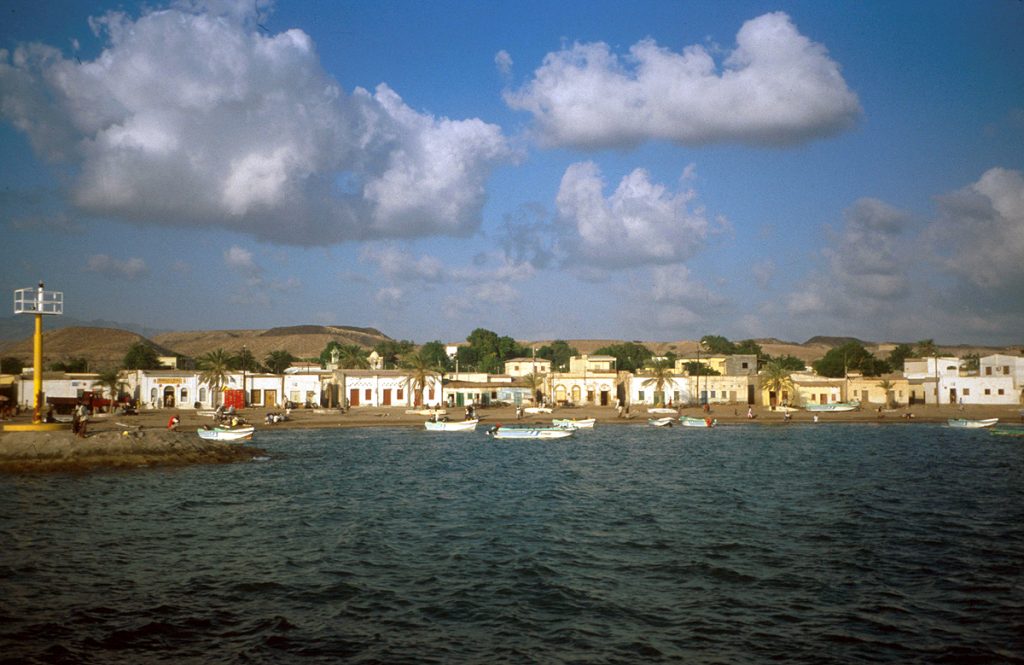
Tadjoura is a quant and peaceful fishing town in Djibouti, which as one of the country’s oldest continuously inhabited settlements, feels like a step back in time. Apart from fishing, the town was also well known as a port for African pilgrims on their journey to Mecca. While the town is steadily turning into a city, it still hosts some incredible old buildings, beautiful mosques, and an untouched seafront for the public to enjoy. There’s no major attraction to see here; instead, the joy of the place is to have a relaxing stroll along the seafront and in the town to soak up the atmosphere of this little attractive town.
Go Bird Watching on the Goba’ad Plain
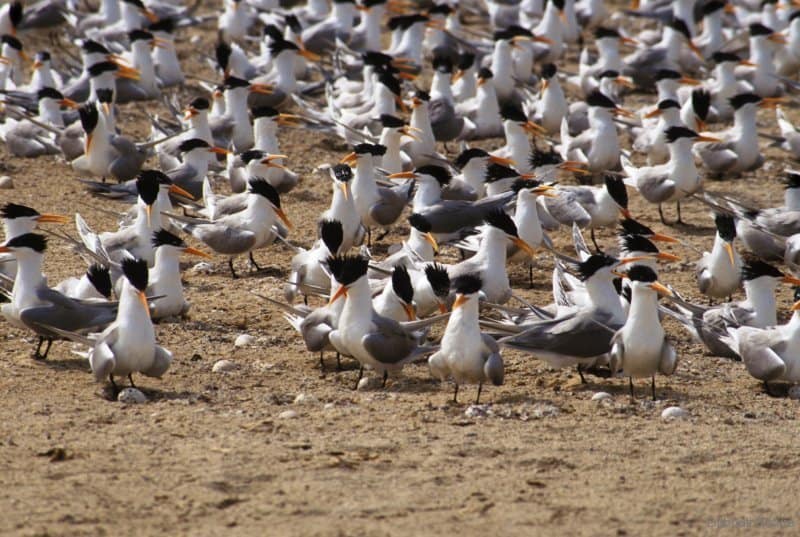
For bird watchers, there’s no better place in Djibouti than the Goba’ad Plain. With Arabian bustards, sand grouses, and even a thriving ostrich population, there are plenty of interesting birds to spot. However, the Goba’ad Plain is also a beautiful place in terms of its plants and scenery and is not to be missed. It’s quite a drive and far away from anywhere, so be sure to bring plenty of water.
Admire the Stunning Natural Beauty of Lake Assal
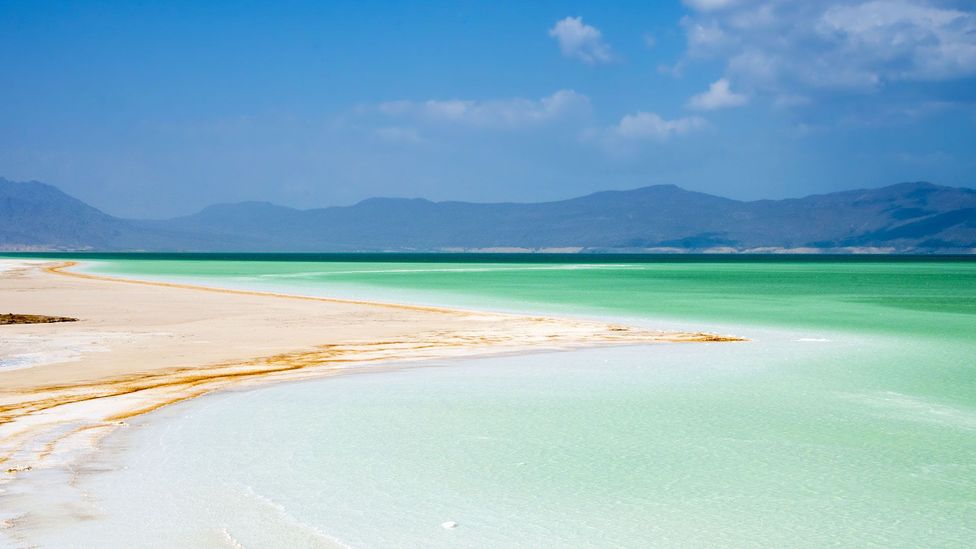
Lake Assal, which translates into Honey Lake, is an alluring and incredible body of water quite unlike anywhere else in the world, but it hides a little secret. The pristine soft sand is actually hard salt that tears into your skin and the warm waters leave an oily layer that wears away at your pores. Likewise, this vision of paradise is actually inhospitable as the immensely salty water prevents almost all life from living on or around its shores. However, a stroll around Lake Assal and its unique environment is an experience not to be missed or forgotten.
Try Your Hand at Fishing in Djibouti’s Rich Waters
Djibouti is increasingly becoming known as one of the world’s best locations for tropical fishing. Due to its unique climate and favorable aquatic conditions, the seas around Djibouti are teaming with fish. Several companies now organize fishing trips out of the capital and promise the opportunity to catch snappers, tuna, and even marlins. To preserve the coast’s rich biodiversity, fishing as a sport in Djibouti is done on a strict catch and release basis.
Dive with Whale Sharks and Explore Flourishing Coral Reefs

Djibouti is home to several stunning dive sites and has a small but committed diving scene to help you explore these unique underwater environments. While there are verdant coral reefs teeming with fish, one of the main appeals of diving in Djibouti is the chance to swim alongside humungous whale sharks that often frequented the country’s shores. The most famous diving spot in Djibouti is known as the Seven Brothers islands and is frequented by divers from across the world.
Take an Evening Stroll Around Djibouti City’s Old Port
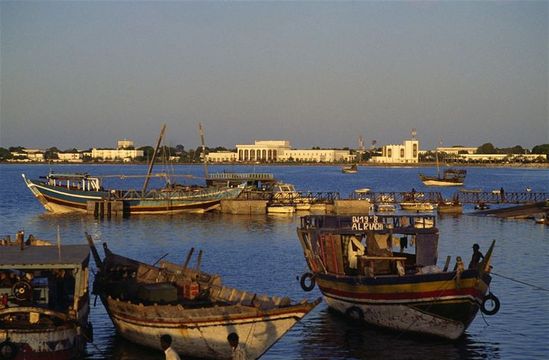
The simple pleasures in life are often the best, and a stroll during either sunset or sunrise along the old harbor of Djibouti City, known locally as L’Escale, is a must for anyone visiting the city. The beautifully painted boats that rock back on forth on the water are often traditional Arab fishing boats known as dhows, which are steadily disappearing from the ports of the world. In addition to checking out what the fishermen have caught in their daily catch, you can also look across the port to the beautiful presidential palace. To your back is the more modern and heavily securitized port that hosts huge container ships, which creates an interesting contrast and indication of how Djibouti is changing.
Gorge Yourself on Djiboutian Grilled Fish
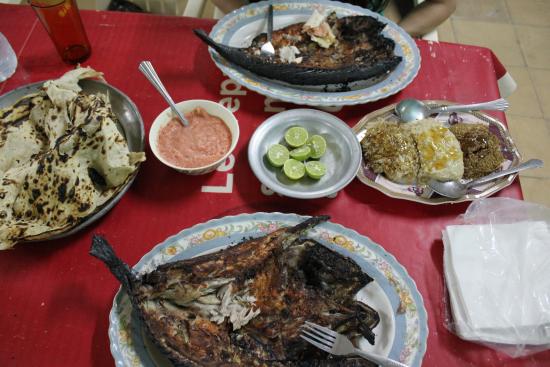
Djibouti’s national dish is strangely enough Yemeni, and acts as a reminder of the country’s kinship with the Arab world. The close geographical connection and historical relationship with Yemen introduced the culinary practice of splitting the fish in two, coating it with chili paste and spices, and baking it. This classic and delicious dish can be had across the country, but the most famous fish restaurant in the country is Djibouti City’s Chez Hamdani, which is well worth a visit.
Trek through Day Forest National Park
Although much of Djibouti resembles a desert, the Day Forest National Park in the country’s Goda Mountains is an example of the country’s great diversity of landscapes. This protected area is the largest forest in Djibouti and has numerous challenging hiking trails and several campsites to stay at on the way. While the whole of the area isn’t as green and verdant as the famed canyons, you can still spot incredible wildlife throughout.
Swim and Relax at Khor Ambado Beach
The idyllic Khor Ambado Beach is a short 15-kilometer drive from Djibouti City and is the perfect place to sit on the beach and relax. The warm waters are teeming with marine life, but the beach itself is mostly empty, bar a few restaurants and cafes to serve the scattering of visitors. The beach is locally known as the French Beach due to it being the favored destination of the occupying French officials to bring their families on days out.
Go Back in Time with the Abourma Engravings
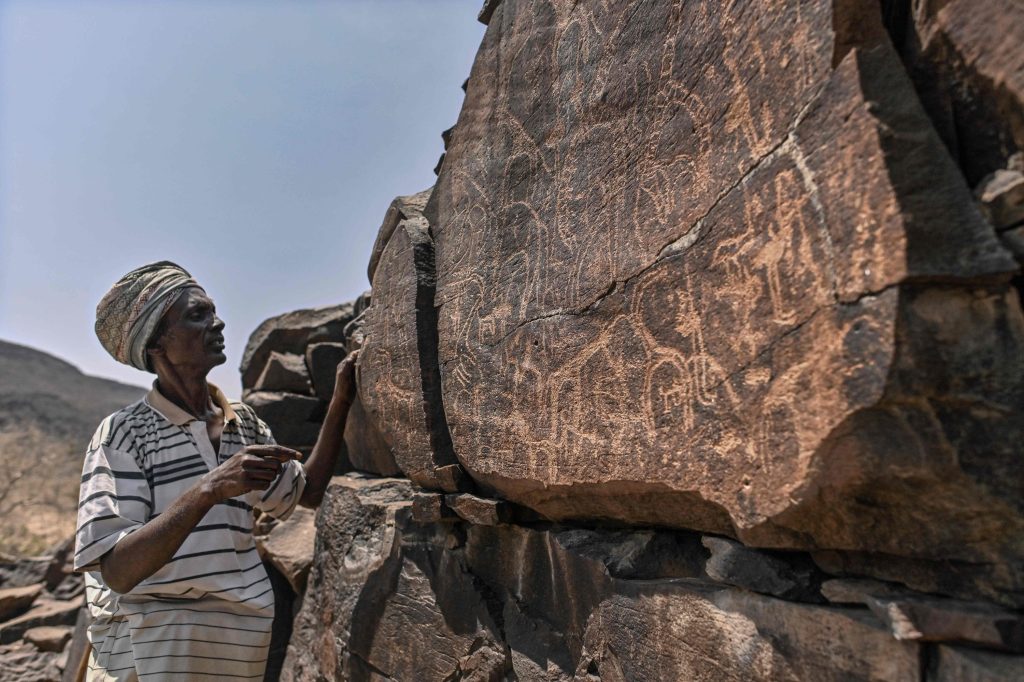
Hidden away and lost in the surrounding mountains in the desert until 2008, these recently discovered rock engravings date back to Neolithic times and beautifully depict exotic animals. However, the animals depicted, like ostriches, cows, and giraffes, are almost all no longer found in the area, a testament to how the region has changed over maybe 10,000 years. Although it takes a good four hours in a 4×4 bouncing along and rocky roads followed by a one-hour trek—and that’s just one way—the Abourma engravings are truly quite stunning and a portal to another era of primitive man.
Look Out for Cheetahs, Lions, and Zebras at Refuge Decan

Africa is famed for its incredible wildlife and the continent boasts some incredible places to get close to some amazing animals; however, many of these places are criticized for being more akin to zoos than nature reserves. Refuge Decan, however, is certainly not a zoo and is instead a very well-run wildlife reserve for endangered species that have been orphaned or illegally trafficked. The nature and wildlife reserve has lions, cheetahs, antelopes, zebras, and many more incredible animals living in a beautiful natural environment. Refuge Decan is a short drive from Djibouti City, but if you get a taxi, be sure to get him to wait for your return to the city.
WE SAID THIS: Don’t miss… Going Abroad On A Budget: The Cheapest Flights Out Of Egypt In 2022


